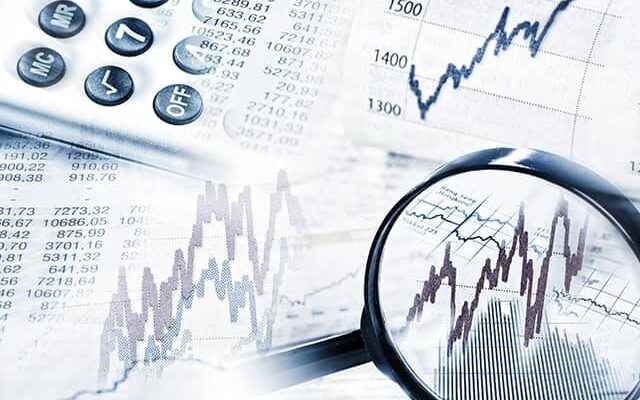(AOF) – Following the acquisition of 80% of Photosol in April 2022 and the creation of the Rubis Renewables branch, Rubis has become one of the main producers of photovoltaic energy in France, specializing in large more than 3 ha and with a capacity greater than 3 MWp, with the ambition to expand this activity. In this perspective, Photosol announces the acquisition of the assets of Mobexi, a French specialist in photovoltaic installations on the roof, and the integration of the 20 employees attached to it.
The Group is committing 2 million euros for the takeover of assets, which should generate revenue of around 6 million euros in 2023, corresponding to 5 MWp (Megawatt-peak) of rooftop installations.
In the medium term, the objective is to increase annual installations to 25 MWp, relying on the one hand on Photosol’s expertise in procurement, operation and maintenance (O&M) and on the other hand on the customer portfolio and the Group’s international presence.
While the Senate has just passed a new regulation encouraging industrial and commercial companies to cover their car parks with more than 80 spaces with solar panels, this acquisition allows Rubis, through Photosol, to expand its offer and respond quickly to needs to deploy energy solutions on smaller projects for businesses, farmers and local authorities.
AOF – LEARN MORE
Key points
– Number one in France for the distribution of LPG, with positions of No. 1 or 2 in most countries, created in 1990;
– Turnover of €4.6 billion organized into 2 branches: energy distribution for 87%, supports and services for 13%;
– Strong international presence, balanced between Africa, the Caribbean and Europe (France, Spain and Portugal);
– Business model combining low exposure to the economic cycle, and decentralization via short circuits and the autonomy of managers, 60% of invoicing coming from contracts linked to variations in the price of crude oil and maintaining a constant margin rate;
– Split capital but not operable, due to the presence of general partners and managers with 2.3% of the capital (Gilles Gobin and Jacques Riou), the Marcel Dassault group being the leading shareholder with 5.75% of the shares);
– Slightly stretched financial structure with net debt of €1.1 billion at the end of June giving a leverage effect of 2.1.
Challenges
– Growth driven by structural factors in the oil industry: complexity of logistics, increased regulation of storage standards and a tendency for the majors to sell distribution activities;
– “Roadmap 2022-2025” environmental strategy targeting a 30% reduction in carbon emissions by 2030 vs. 2019:
– focused on the prevention of water and soil pollution, the reduction of air emissions and the desalination of seawater from the Antilles refinery, the circular economy and the use of renewable energies,
– integrated into the economic model: use of PL as a transition energy in Africa, promotion of less carbon energies (liquefied gas, biofuel), diversification into solar and hydrogen;
– Expertise in external growth, in Africa and the Caribbean and buoyant remodeling of the business portfolio: after the deconsolidation of the storage activity in the joint venture with I Squared Capital, refocusing on Western Europe on the one hand, chemicals and biofuels on the other;
– After the acquisition of an 18.5% stake in Hydrogène de France, the world leader in electricity produced from wind or solar power associated with hydrogen fuel cells, then the acquisition of French Photosol, a specialist in solar power plants with 313 MW in operation, launch of a new division, Rubis Renewables.
Challenges
– Return to total debt relief, increased by Photosol’s commitments, offset however by the visibility provided by a 20-year contract term;
– Achievement of the medium-term objectives of the renewables division: contribution of 25% to operating profit and, at least, 2.5 GW of photovoltaic capacity installed in France by 2030;
– Towards a family management transition, prepared by the founding managers;
– After a 65% increase in revenues and 40% in operating profit in the 1st half, confidence displayed by managers for 2022.
Threat to the European energy system
The leading importer of German gas, Uniper posts 54% of the volumes it buys from Russia. Following the war in Ukraine, the group had to acquire the volumes it lacked on the spot market, the prices of which had exploded. In difficulty, he requested aid from the German state, which raises concerns for all European energy companies. Nevertheless the German RWE and the French Engie reacted by arguing that their situation was very different. RWE stressed that it was less dependent on Russian gas. As for Engie, it benefits from the diversification of its sources of supply, with an increase in the volumes of LNG delivered in France and contracts with Norway and Algeria. The group has also adapted its hedging strategy to strengthen its resilience.
